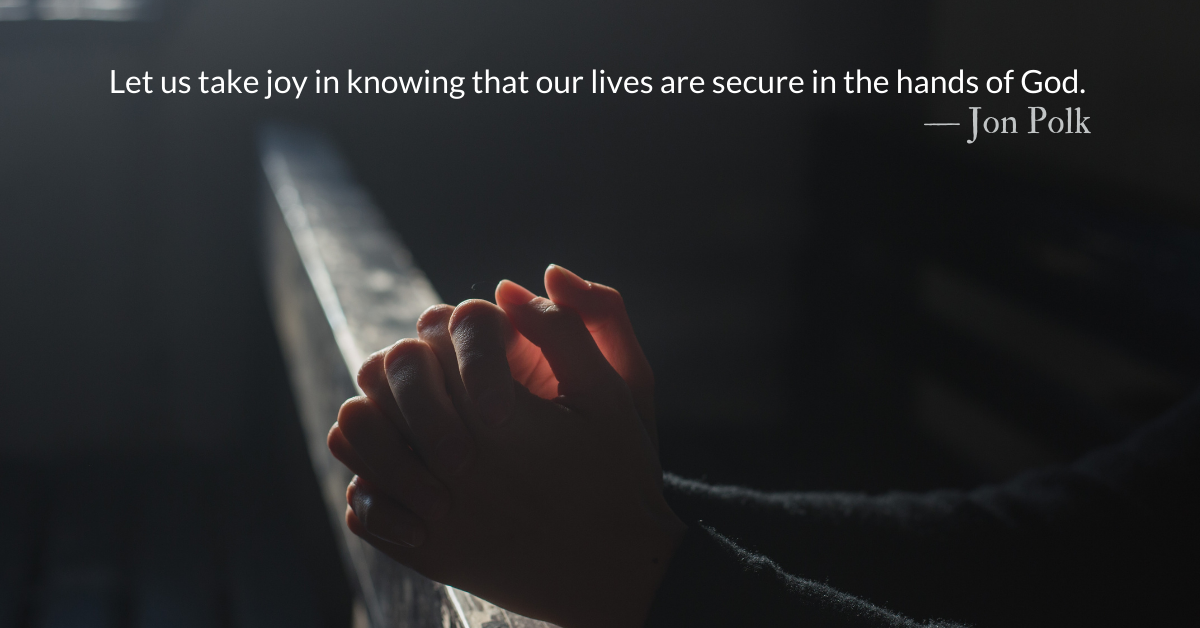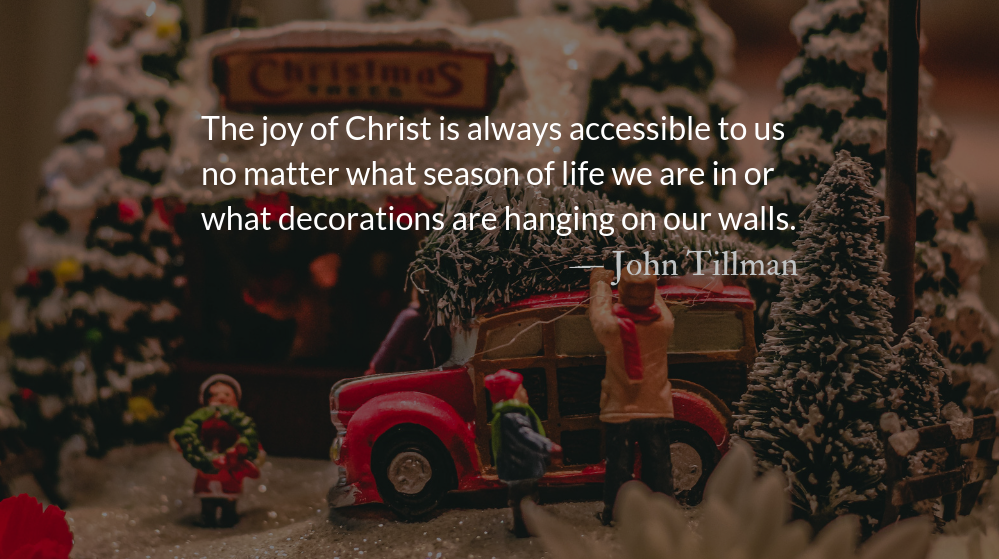Scripture Focus: John 7.37-28
37 On the last and greatest day of the festival, Jesus stood and said in a loud voice, “Let anyone who is thirsty come to me and drink. 38 Whoever believes in me, as Scripture has said, rivers of living water will flow from within them.”
Luke 1.46-50
46 And Mary said: “My soul glorifies the Lord
47 and my spirit rejoices in God my Savior,
48 for he has been mindful
of the humble state of his servant.
From now on all generations will call me blessed,
49 for the Mighty One has done great things for me—
holy is his name.
50 His mercy extends to those who fear him,
from generation to generation.
Reflection: The Wexford Carol — Carols of Advent Joy
By Jon Polk
The history of “The Wexford Carol” is uncertain and complicated.
“The Wexford Carol” is one of Ireland’s most beloved Christmas carols. While thought to be among the oldest Christmas carols still in use, the exact dates of its origin are uncertain.
“The Wexford Carol” was published in 1928, in a collection by William Flood, music director at St. Aiden’s Cathedral in Enniscorthy, County Wexford, Ireland, after he had heard it performed by a local vocalist.
However, the song has also been associated with Bishop Luke Waddinge from Ballycogley, County Wexford, who also published the hymn in his collection in 1684.
The lyrics supposedly originate from the 12th century, but the rhyme and structure appear to date from the 16th century or later. There is also debate whether the original lyrics were actually Irish or English.
Although tracing the history of “The Wexford Carol” is complicated, the song itself is not, being a joyful recounting of the night of Christ’s birth.
Good people all, this Christmas time,
Consider well and bear in mind
What our good God for us has done,
In sending His beloved Son.
The pregnancy of Mary was uncertain and complicated.
A young, simple Jewish girl is found to be pregnant under mysterious and uncertain circumstances. Claims of an angel’s visit and divine proclamation. A fiancé who receives a nocturnal, angelic intervention.
Likely scared and confused, young Mary hurries off to another town to seek advice from cousin Elizabeth. When Elizabeth is prompted by the Holy Spirit to confirm the miraculous Divinity growing in Mary’s womb, Mary proclaims her joy, “My soul glorifies the Lord and my spirit rejoices in God my Savior!”
Although the pregnancy of Mary was complicated, her ultimate response to God is not, being a joyful acceptance of the role she has been given to play in the divine drama.
With Mary holy we should pray
To God with love this Christmas Day;
In Bethlehem upon the morn
There was a blest Messiah born.
The times in which we live are uncertain and complicated.
The weight of a global pandemic, the stress of political strife on every continent, disparities of power and economic status, all loom large in our collective consciousness, not to mention the personal and specific struggles each of us face on our own.
Although our lives and times are complicated, our response should not be. Let us rejoice along with Mary. Let us take joy in knowing that our lives are secure in the hands of God.
Within a manger He was laid,
And by His side the virgin maid
Attending to the Lord of Life,
Who came on earth to end all strife.
Listen: The Wexford Carol by Yo-Yo Ma & Alison Krauss
Read: Lyrics from Hymnary.org
Bonus Listen: Magnificat (i.e. Mary’s Song) by Keith & Kristyn Getty
Divine Hours Prayer: The Refrain for the Morning Lessons
Truly, his salvation is very near to those who fear him, that his glory may dwell in our land. — Psalm 85.9
– Divine Hours prayers from The Divine Hours: Prayers for Autumn and Wintertime by Phyllis Tickle
Today’s Readings
Zechariah 4 (Listen – 1:53)
John 7 (Listen – 5:53)
Read more about End of Year Giving and Supporting our work
Why should you give?
Support 100,000 words of free and ad-free content in 2021.
Read more about Accepting Jesus
She takes within her body
The cure for the sickness of sin
She gives the maker of the Garden
Tiny feet to walk earth again.










